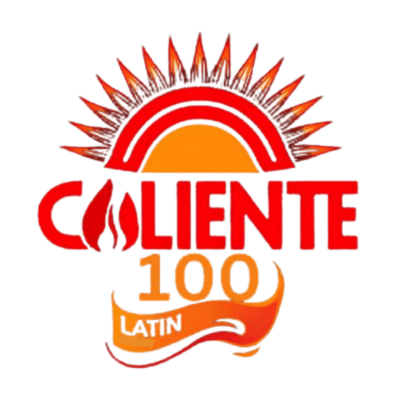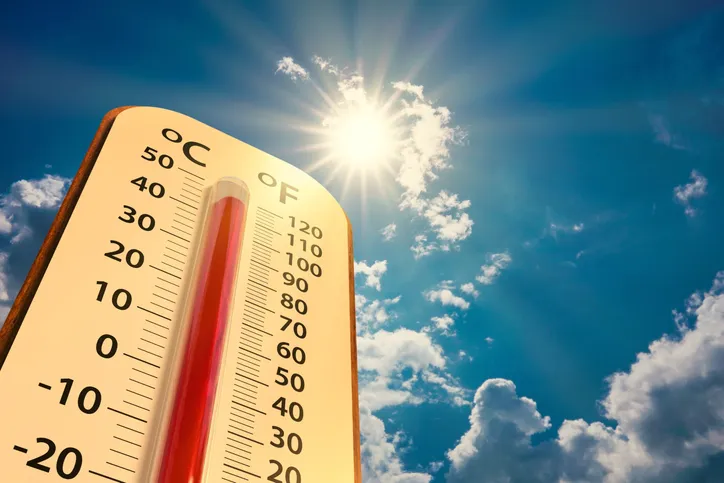The proposed Assembly Bill 96 in Nevada aims to address the increasing heat-related challenges faced by cities like Reno and Las Vegas, which are identified as the fastest-warming cities in the nation. The bill would require cities and counties with populations over 100,000 to revise their master plans to include strategies for heat mitigation. This could involve implementing measures like expanding access to cooling centers, increasing tree canopy, and providing public drinking water sources.
Support for the bill is strong among environmental organizations and community groups, as they recognize the importance of tackling heat as a public health crisis. The bill has drawn attention to the unequal heat burden across different neighborhoods, particularly highlighting the urban heat island effect that exacerbates conditions in areas with limited green spaces.
Despite broad support, there is some opposition, notably from the Water Fairness Coalition, which argues that water management practices need to be considered in the broader context of urban heat mitigation.
The bill is still pending a vote by the Assembly Committee on Government Affairs. If passed, it would require relevant cities and counties to incorporate heat mitigation strategies into their planning, highlighting a proactive approach to managing the adverse effects of rising temperatures.






















